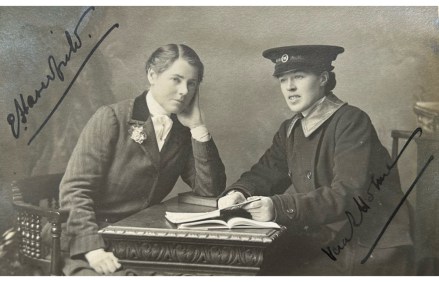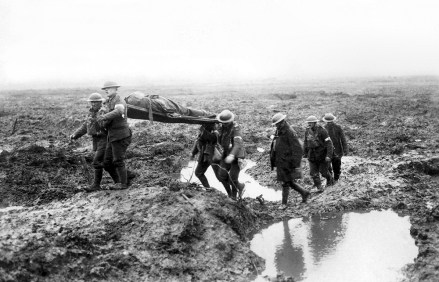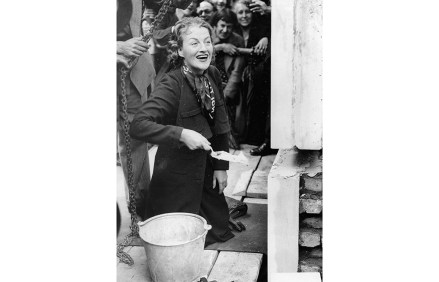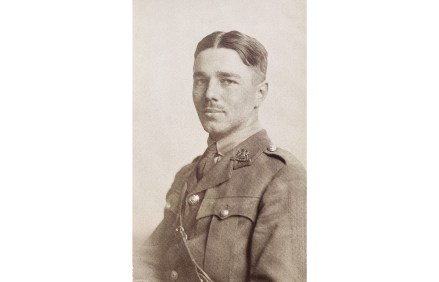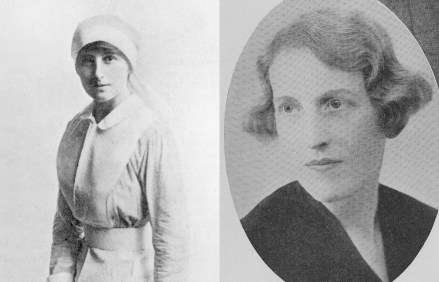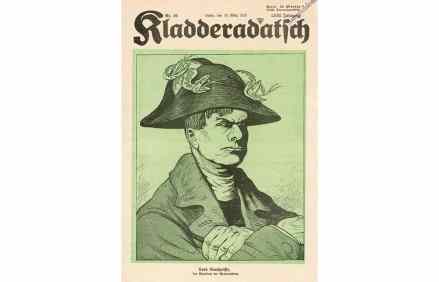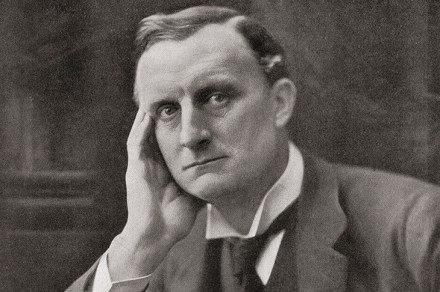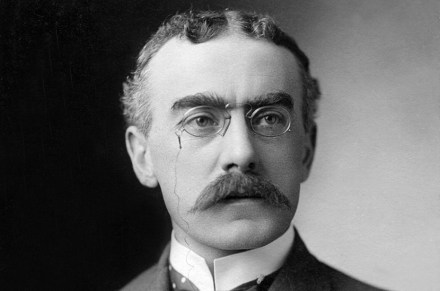They felt they could achieve anything together: two brave women in war-torn Serbia
Lesbian military fiction is a popular genre, featuring titles such as Silver Wings and An Army of One, but Jack and Eve is a true story. Written by the journalist Wendy Moore, whose previous books tackled medical and social history, it tells of two suffragettes who caused havoc in the first world war and exposed the absurdity of Edwardian homophobes. Before the war, the jobbing actor Vera Holme, who liked to be known as Jack, changed careers to become Emmeline Pankhurst’s mechanic and chauffeur. In 1908 she met Evelina Haverfield, the conventionally beautiful, wealthy daughter of a Scottish baron. The two fell in love, began living together and soon became
